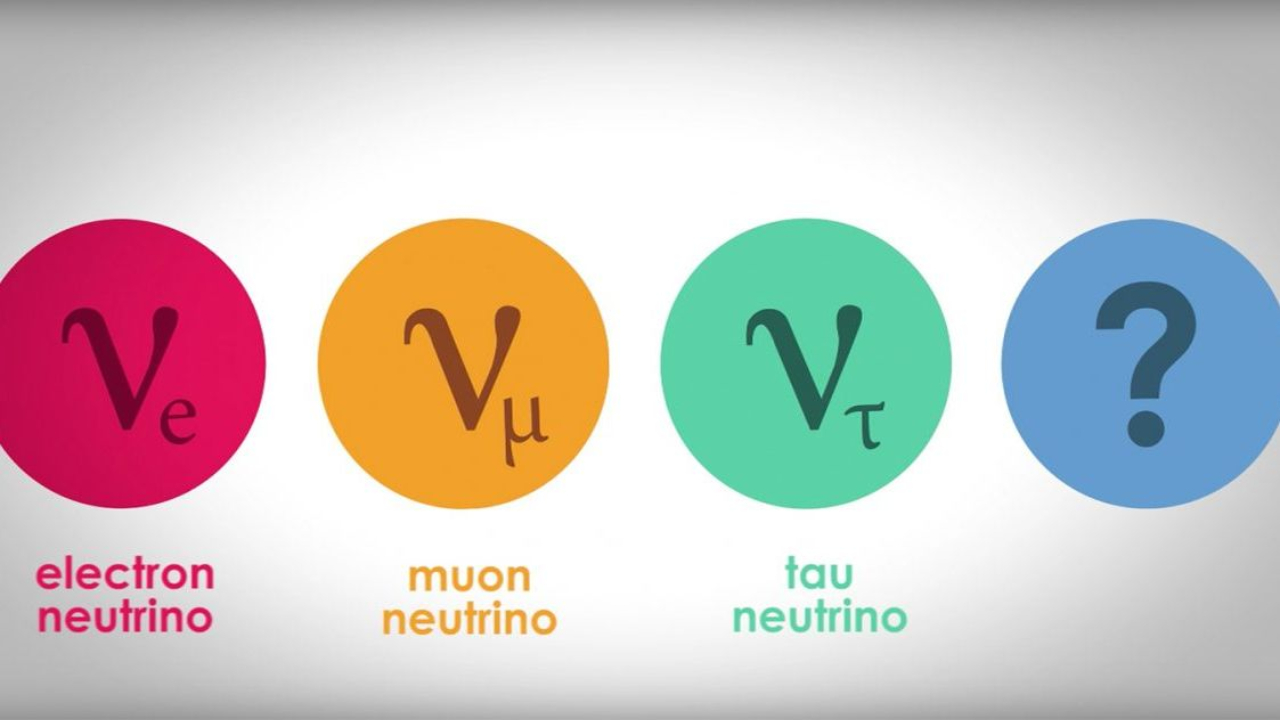Science News
& Faculty Articles
Observations from the STEREO Collaboration Anticipate a Final Blow to the Sterile Neutrino Paradigm

By Amal Pushp, Affiliate Physicist at the Resonance Science Foundation
Neutrinos are elementary particles that are essentially produced during radioactive decay and are named so because they do not carry any charge and hence are electrically neutral. Neutrinos are ever-present, fluctuating around us all the time, and penetrate the earth with little-to-no interaction. Essentially, they travel at the velocity of light and are not deflected in presence of magnetic fields. All these properties make the detection of neutrinos a troublesome enterprise.
One of the concerning uncertainties surrounding neutrinos is whether they carry mass, though a phenomenon called neutrino oscillation does provide some hint that they possess a small mass. These puzzling particles originally come in three flavors (electron, muon, and tau) and their oscillation explicitly involves the transition of one flavor into another. Interestingly, neutrino oscillation indicates that neutrinos have...
Physicist Warns Colleagues about the Myopia of Building Another Large Hadron Collider

By: William Brown, Biophysicist at the Resonance Science Foundation
"Supersymmetry is not a tight and efficient theory, welded together to explain observations. It’s a convoluted mess of mathematical models that could potentially explain anything, or nothing at all." – Tom Hartsfield, PhD physicist and Big Think Contributor
In a new essay for Big Think PhD physicist Tom Hartsfield urges his colleagues not to build another Large Hadron Collider—a next-generation LHC++ —and delineates a number of reasons why it could end up being a colossal waste of money and yield little to no new discoveries to advance physics and our understanding of the fundamentals of Nature.
Tom Hartsfield lists a few critical reasons why it is a bad idea to build another LHC:
- A next-generation LHC++ could cost $100 billion.
- The hypothetical machine could not truly test string theory. What it could discover is entirely speculative.
- Pursuing scientific...



